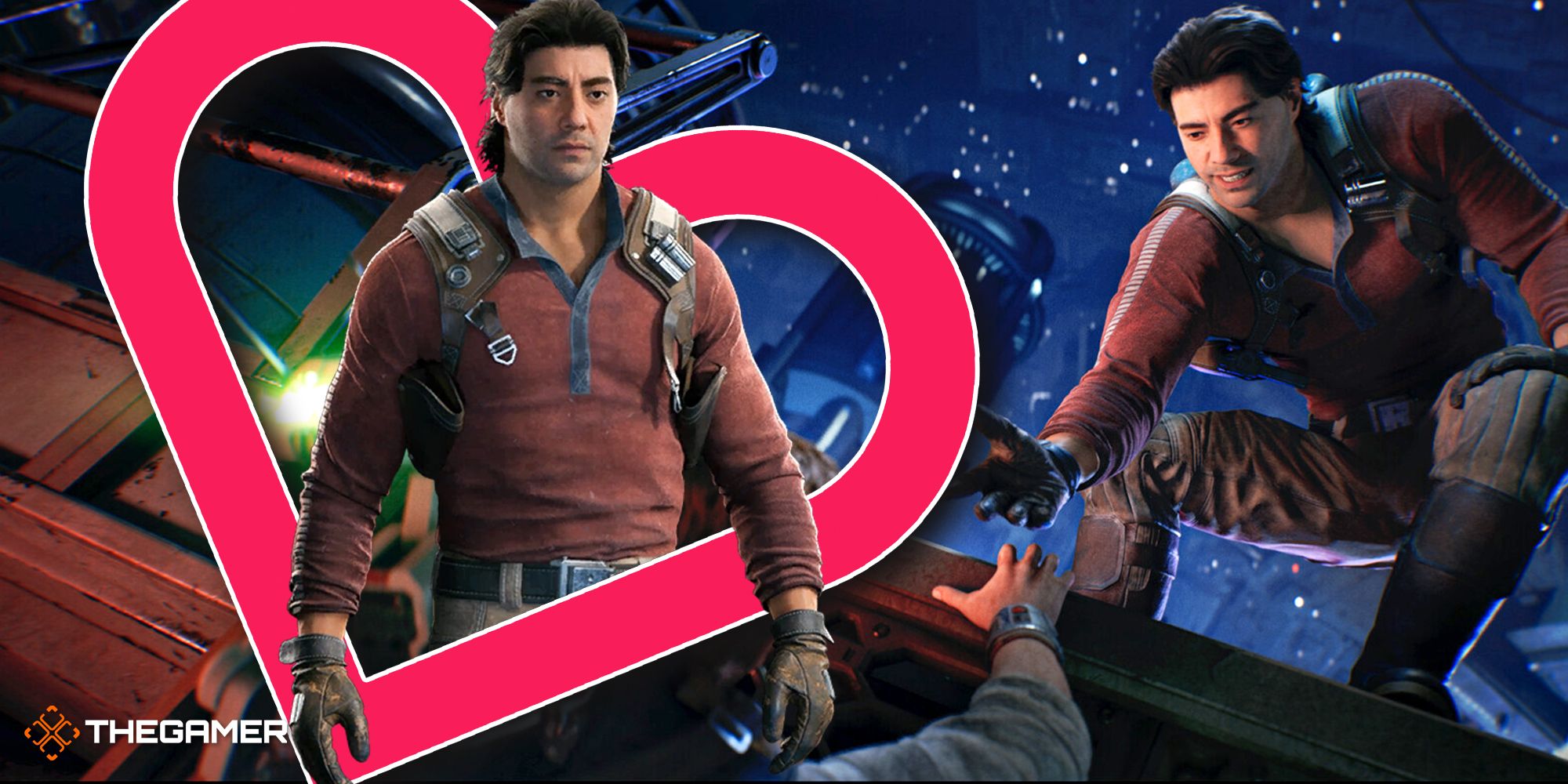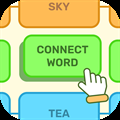An Ode To Bode, My Favourite Video Game Antagonist Of 2023

Summary
- Cal Kestis became one of my favorite video game protagonists overnight, buoyed by excellent character development and a nuanced performance from Cameron Monaghan.
- Bode's role as an antagonist is impactful because his betrayal feels personal to the player, flipping the script on the trusty sidekick stereotype.
- Bode represents a different path Cal could have taken, causing a moral quandary for Cal and exploring what it means to be a person.
Of all the games I played last year, Star Wars Jedi: Survivor had one of my favourite stories. Despite being largely overshadowed by a deluge of excellent games in the months that followed, Respawn’s sequel still made it onto my GOTY list – in third place, no less.
Before release, I didn’t have high hopes. I liked Fallen Order well enough, but Cal Kestis was an extraordinarily boring character and I was convinced he would be the same brand of white bread in Survivor, just angrier. I’m glad to say that I was very wrong! Cal Kestis became one of my favourite video game protagonists overnight, buoyed by a nuanced performance from Cameron Monaghan and excellent character development. The more Cal loses, the more we can’t help but love him. One of the most poignant of Cal’s losses is, obviously, Bode Akuna.
A big part of what makes Bode’s role as an antagonist so impactful is that his betrayal feels personal to me, the player. The game introduces Bode as a mercenary who quickly becomes one of Cal’s closest allies and friends, saving his life a few times and sharing details about his life. This is a clear video game stereotype the game leans into, putting Bode in the role of the trusty sidekick, and then Respawn flips the script by revealing Bode is actually the primary antagonist.
It does this with a shocking one-two whammy that some insist they saw coming, but I only saw hints of. Right before the betrayal, I found myself feeling uneasy, unsure if Bode was being suspicious or if I was making it up – just a while later, I found myself vindicated and heartbroken. When Cal confronts Bode after his betrayal, we find that not only is Bode a double agent for the ISB, but he’s also a Jedi, a survivor of Order 66 like Cal. I suspected the double agent bit, but certainly not that he was a Jedi, so when I saw Bode use the force for the first time, I audibly gasped and started shouting at my screen.
I say shouting, but I mean swearing.
In our interview with Respawn, Survivor senior writer Pete Stewart said that Bode was intentionally developed to be “a logical extreme” and “potential endpoint” for Cal’s actions. Bode is an image of a different path Cal could have taken, and may have taken himself had he been put under the same pressures. The difference is that Bode had a daughter he had to take care of, and was willing to do terrible things to ensure her safety. Could Cal say he wouldn’t have done the same?
This moral quandary tears Cal up inside, and it’s because Bode’s choices get at the core of what it means to be a person. Like in so many Star Wars stories, Bode chooses to protect the people he loves over allowing them to suffer for the greater good. He’s a bad person because of his circumstances, not because he goes through his life intending to do harm. When Cal himself has to kill Bode, it’s right after Bode Force chokes Merrin. He chooses to protect the people he loves, even though it means doing difficult and bad things, like killing a man in front of his child. Sound familiar?
When I say Bode is my favourite video game antagonist of the year, I don’t mean that I loved his character for what it was – I also love the way he’s used in the narrative and what he symbolises. He’s not just a man, a Jedi, or even a traitor. He’s a mirror, and a sorely underrated one at that.
RelatedStar Wars Jedi Survivor Could Use Some Yellow Paint
Uncharted meets Dark Souls occasionally causes problems.
Posts












